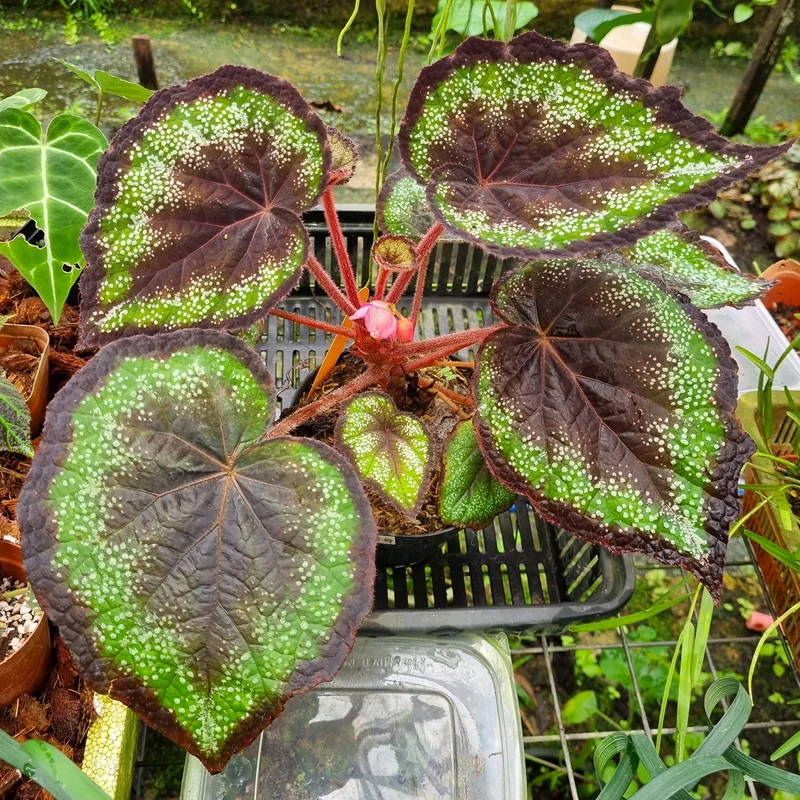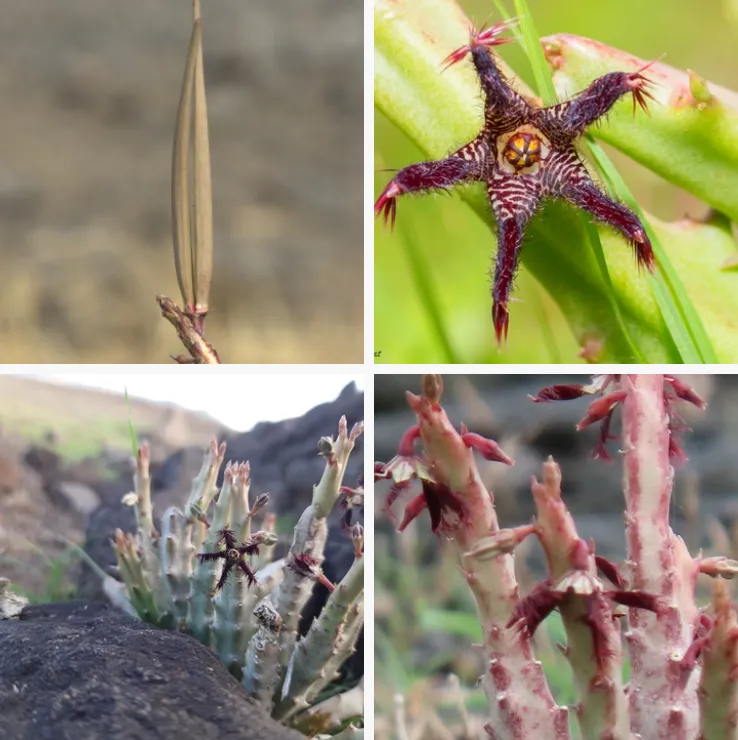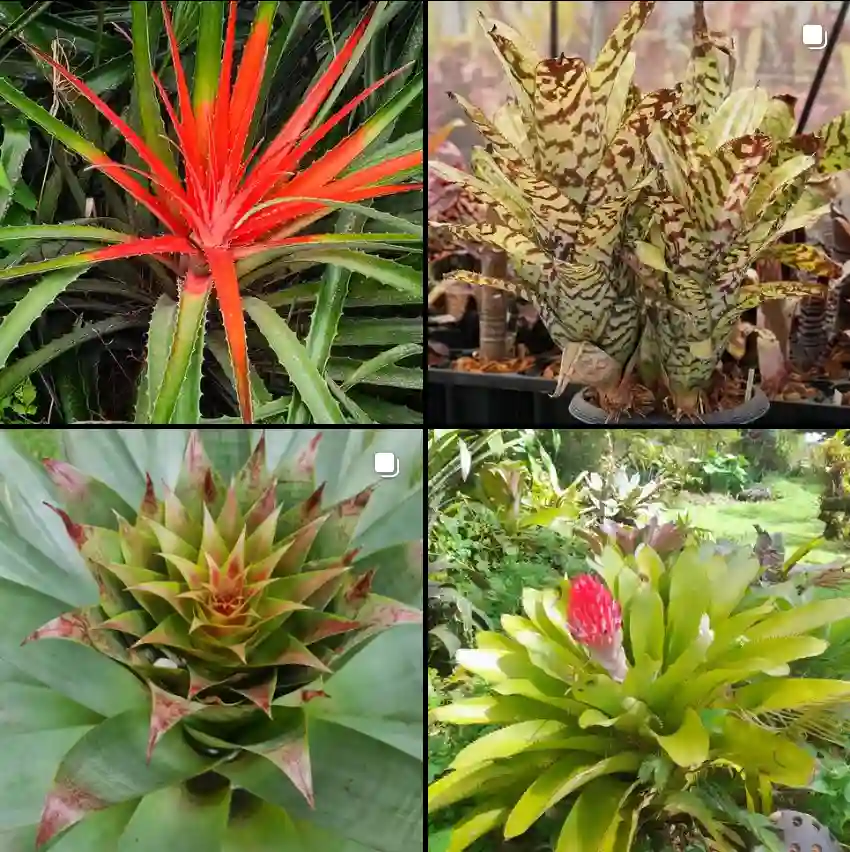FAQs About Irvingia Gabonensis: All You Need to Know
When it comes to natural supplements, Irvingia Gabonensis has caught the attention of many health enthusiasts. You might have heard of it by its more common name, African mango. This supplement has been widely discussed for its potential health benefits, particularly in weight management. However, like with any supplement, it’s essential to understand what it is, how it works, and whether it’s safe before incorporating it into your routine. In this article, I’ll address some frequently asked questions about Irvingia Gabonensis, based on my experiences and research.
What Is Irvingia Gabonensis?
Irvingia Gabonensis is a tree native to West Africa, specifically in countries like Cameroon and Nigeria. The fruit of this tree, commonly known as African mango, has been used for centuries by local populations not just for its taste, but for its medicinal properties as well. The seeds of the fruit, often referred to as dika nuts, are where most of the beneficial compounds are found. These seeds are rich in fiber, healthy fats, and a unique blend of compounds that are believed to offer various health benefits.
Does Irvingia Gabonensis Really Work?
This is one of the most common questions I’ve come across. The effectiveness of Irvingia Gabonensis largely depends on what you’re using it for. The most popular use of this supplement is for weight loss. Some studies suggest that the extract from the seeds may help regulate certain hormones that affect fat metabolism, particularly leptin, which plays a role in appetite control.
In my experience, people who have used Irvingia Gabonensis as part of a balanced diet and regular exercise regimen have reported positive results in terms of weight management. However, it’s crucial to remember that it is not a magic pill. Its effectiveness can vary from person to person, and it should be used as a supplement to a healthy lifestyle, not a replacement for one.
Is Irvingia Gabonensis Safe?
Safety is a primary concern whenever considering a new supplement. Irvingia Gabonensis is generally considered safe when taken in recommended dosages. However, like with any supplement, there are potential side effects. Some people might experience digestive issues like gas, bloating, or headaches.
In my opinion, it’s always wise to consult with a healthcare provider before starting any new supplement, especially if you have underlying health conditions or are taking other medications. This helps ensure that the supplement is safe for your specific situation.
What Is Irvingia Gabonensis Used For?
Apart from weight management, Irvingia Gabonensis is also used for its potential benefits in improving cholesterol levels, managing blood sugar, and supporting overall metabolic health. The high fiber content in dika nuts can aid digestion and promote a feeling of fullness, which can be helpful in weight loss. Additionally, some studies suggest it may help in lowering LDL (bad) cholesterol and improving blood sugar levels, making it a potential aid for those with metabolic syndrome.
Irvingia Gabonensis vs Garcinia Cambogia
Both Irvingia Gabonensis and Garcinia Cambogia are popular in the weight loss supplement market, but they work in different ways. Garcinia Cambogia is known for its active compound hydroxycitric acid (HCA), which is believed to help block fat production and reduce appetite. On the other hand, Irvingia Gabonensis focuses more on hormone regulation related to fat metabolism.
From my perspective, choosing between the two depends on your specific health goals and how your body responds to each. Some people may find Irvingia Gabonensis more effective, while others might prefer Garcinia Cambogia. It’s worth trying both (not at the same time) to see which works better for you.
Where to Buy Irvingia Gabonensis?
You can find Irvingia Gabonensis supplements in various health food stores, online retailers, and sometimes even in larger supermarkets. When buying, make sure to choose a reputable brand that offers pure Irvingia Gabonensis extract without unnecessary fillers. In my experience, buying from well-known brands or directly from manufacturers ensures the quality and potency of the product.
How to Use Irvingia Gabonensis?
Irvingia Gabonensis is most commonly available in capsule form, but you might also find it as a powder or in combination with other supplements. The dosage can vary depending on the product, but it’s typically recommended to take it before meals to maximize its appetite-suppressing effects. As always, following the manufacturer’s instructions is crucial for safe and effective use.
Can You Grow Irvingia Gabonensis Indoors?
Growing Irvingia Gabonensis indoors is a challenge due to its size and the specific climate conditions it requires. This tree thrives in tropical environments, needing plenty of sunlight, warmth, and humidity to grow. Unless you have a large greenhouse that can mimic its natural habitat, it’s unlikely that you’ll be able to grow it indoors successfully.
Common Problems with Irvingia Gabonensis
While generally safe, some people might experience mild side effects such as digestive discomfort. Another issue is the inconsistency in product quality across different brands. Not all supplements are created equal, and some might not contain the advertised amount of active ingredients. That’s why I always recommend purchasing from trusted sources and doing some research before making a purchase.
Is Irvingia Gabonensis Toxic?
Irvingia Gabonensis is not toxic when used appropriately. However, taking excessive amounts of any supplement can lead to adverse effects. It’s important to stick to recommended dosages and consult with a healthcare provider if you have any concerns.
Conclusion
Irvingia Gabonensis, or African mango, is a natural supplement with potential benefits for weight management, cholesterol, and blood sugar levels. While it’s generally safe and effective when used correctly, it’s essential to approach it with the understanding that it works best as part of a healthy lifestyle. Whether you’re comparing it with Garcinia Cambogia or wondering where to buy it, the key is to make informed decisions that align with your health goals.
If i die, water my plants!



